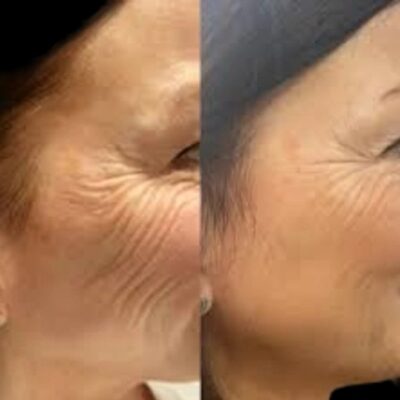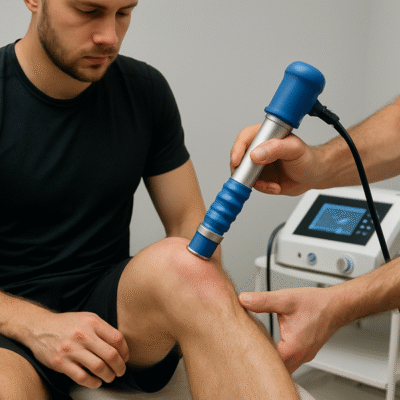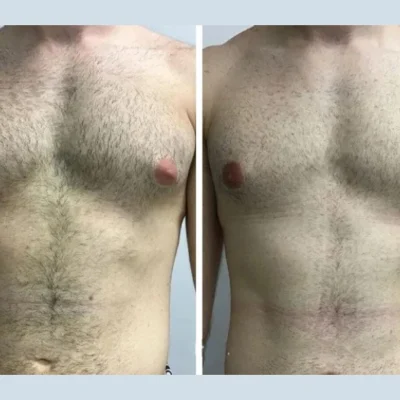We all know that skipping brushing or eating too much sugar isn’t good for our teeth. But did you know that many everyday habits—things you probably don’t even think twice about—could be quietly damaging your smile?
The truth is, oral health problems don’t happen overnight. They build up slowly over time, often because of small, repeated actions. By understanding these habits and making a few changes, you can prevent costly dental treatments down the road and keep your smile looking its best.
Let’s take a closer look at the top 5 sneaky habits that harm your teeth—and what you can do instead.
1. Drinking Too Many Sugary or Acidic Beverages
You might love starting your morning with a coffee, grabbing a soda at lunch, or winding down with a glass of wine. But here’s the problem: acid and sugar are your teeth’s worst enemies.
-
Sugar feeds harmful bacteria. When bacteria eat sugar, they produce acid that attacks tooth enamel, leading to cavities.
-
Acid weakens enamel. Drinks like soda, energy drinks, and citrus juices erode the protective layer of enamel, leaving teeth more sensitive and prone to decay.
Common Culprits:
-
Soda and diet soda (yes, even sugar-free sodas are acidic)
-
Energy drinks
-
Sports drinks
-
Citrus juices (orange, lemon, grapefruit)
-
Red wine and white wine
What You Can Do Instead:
-
Use a straw to reduce contact with your teeth.
-
Drink water after acidic or sugary drinks to wash away residue.
-
Limit consumption to mealtimes instead of sipping throughout the day.
-
Choose alternatives like flavored water or unsweetened tea.
Pro Tip: Wait at least 30 minutes before brushing after drinking acidic beverages—brushing too soon can actually spread acid deeper into enamel.
2. Nail Biting and Chewing on Hard Objects
It might seem harmless to bite your nails when you’re nervous or chew on a pen cap while working. But these habits put excessive pressure on your teeth, which can lead to long-term damage.
Risks of Nail Biting and Chewing:
-
Chipped or cracked teeth
-
Increased wear on enamel
-
Jaw pain and misalignment
-
Higher risk of infection from bacteria under nails
Even chewing ice cubes—a common “innocent” habit—can fracture teeth or cause tiny cracks in enamel. These micro-cracks may not hurt right away but can lead to sensitivity or cavities over time.
How to Break the Habit:
-
Keep nails trimmed and use nail polish as a deterrent.
-
Find healthier outlets for stress (stress balls, chewing sugar-free gum).
-
Avoid chewing on pens, ice, or bottle caps—stick to food only!
3. Using Teeth as Tools
We’ve all been there—you don’t want to grab the scissors, so you tear open a package with your teeth. Or maybe you use your teeth to hold something when your hands are full. It might save a few seconds, but it can cost you a lot in dental bills.
Why This Is Harmful:
Teeth are meant for chewing food, not opening bottles or ripping tape. Using them as tools puts them under unnatural stress, which can cause:
-
Chipped or broken teeth
-
Loosened dental work (crowns, veneers, fillings)
-
Cuts to your gums or soft tissue
Safer Alternatives:
-
Keep a small multi-tool, scissors, or bottle opener handy.
-
Train yourself to pause instead of using your teeth in a rush.
4. Grinding or Clenching Your Teeth (Bruxism)
Grinding or clenching teeth—often while sleeping or during stressful moments—is one of the most damaging habits, yet many people don’t even realize they’re doing it.
Signs You Might Be Grinding:
-
Waking up with jaw pain or headaches
-
Flattened or chipped teeth
-
Increased tooth sensitivity
-
Clicking sounds in the jaw
Over time, grinding can wear down enamel, cause fractures, and even shift teeth out of alignment.
What You Can Do:
-
Talk to your dentist about a custom night guard to protect your teeth while you sleep.
-
Practice stress management techniques like yoga, meditation, or exercise.
-
Be mindful of clenching during the day—try keeping lips together but teeth slightly apart to relax the jaw.
5. Brushing Too Hard (or With the Wrong Technique)
Yes, brushing is essential—but brushing too hard or with the wrong toothbrush can actually harm your teeth and gums. Many people think scrubbing harder = cleaner teeth, but it can backfire.
Dangers of Over-Brushing:
-
Gum recession (gums pulling away from teeth)
-
Worn-down enamel
-
Increased sensitivity
-
Exposed roots, which are more prone to decay
How to Brush Safely:
-
Use a soft-bristled toothbrush (never hard-bristled).
-
Hold the brush at a 45-degree angle to your gums.
-
Use gentle, circular motions instead of sawing back and forth.
-
Brush for 2 minutes, twice a day—pressure doesn’t matter, technique does.
Bonus Tip: Electric toothbrushes with pressure sensors are a great option if you tend to brush too aggressively.
Other Sneaky Habits Worth Noting
While these 5 are the most common, here are a few honorable mentions that can quietly damage your teeth:
-
Constant snacking (keeps bacteria-fed sugar on teeth all day)
-
Smoking and vaping (stains, gum disease, and oral cancer risk)
-
Skipping dental checkups (small issues become big problems fast)
Protecting Your Smile for the Long Run
The key takeaway? It’s not just about brushing and flossing—it’s about your everyday choices. Small habits add up, for better or worse. By breaking harmful habits and replacing them with healthier ones, you can protect your enamel, avoid costly dental procedures, and keep your smile bright for years to come.
If you’ve noticed signs of damage—like sensitivity, jaw pain, or chips in your teeth—it’s worth getting checked. A dentist can spot early warning signs before they turn into major issues.
For patients in New York City, 65 Broadway Dental offers advanced preventive and restorative care to help protect your teeth from everyday damage. From custom night guards to professional cleanings and smile design, their team is here to keep your teeth strong and healthy.
Final Thoughts
Your smile is one of your most valuable assets. Don’t let small daily habits steal it away. By being mindful of what you eat, how you brush, and how you treat your teeth, you can prevent hidden damage and enjoy a confident, healthy smile for life.



